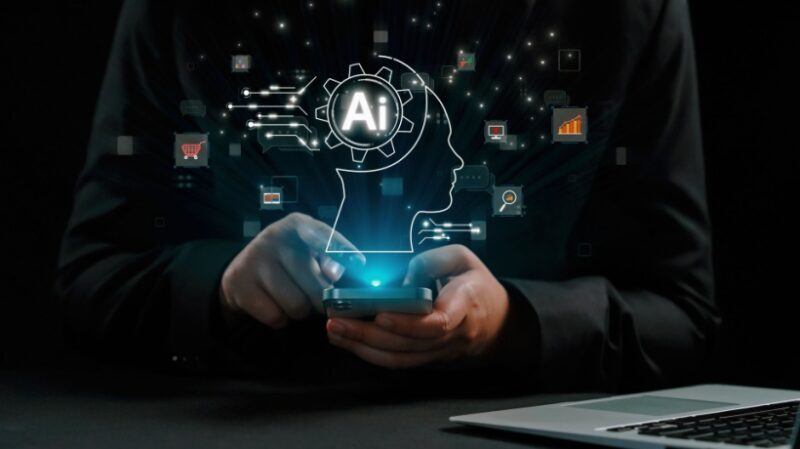
AI Is Revolutionizing Employee Training
In today’s fast-paced work environment, the impact of Artificial Intelligence (AI) is reshaping traditional business methods. AI has emerged as a crucial tool in employee training programs, offering numerous benefits such as efficiency, personalization, and engagement. It has become essential for organizations to leverage AI technology to stay competitive in the global market.
The Evolution Of Employee Training
Traditionally, employee training programs involved standardized methods like classroom sessions and workshops. These methods often overlooked the individual learning styles and needs of employees, leading to inefficiencies in the training process. The introduction of AI in employee training has revolutionized this landscape, catering to the evolving demands of the workforce.
According to Gartner, “By 2025, 75% of businesses worldwide will have implemented AI-driven solutions in their employee development programs.” This highlights the growing significance of AI in enhancing training processes.
Efficiency: Streamlining Training Processes
AI-based training systems streamline processes by automating tasks like onboarding, assessment, and content delivery. These systems can generate and update training materials based on industry trends, track employees’ progress, and identify skill gaps in real-time. As per McKinsey Global Institute, “AI can automate up to 50% of repetitive tasks in corporate training environments.”
Personalization: Tailored Learning Experiences
AI analyzes individual learning patterns and preferences to create custom-tailored content for each employee. This personalized approach enhances engagement and knowledge retention by delivering content relevant to employees’ roles and skill levels. AI-powered personalization can improve employee engagement by up to 60%, making the training process more dynamic.
Engagement: Keeping Learners Invested
AI incorporates interactive elements like gamification and real-time feedback to enhance learner engagement. Features such as quizzes, simulations, and virtual environments make the training process enjoyable and effective. Employees find AI-driven training tools more engaging than traditional methods, leading to higher satisfaction levels.
Cost-Effectiveness And Scalability
AI eliminates the need for costly travel and infrastructure by providing remote digital learning experiences. It offers scalable solutions that can reach a global workforce efficiently. Companies can reduce training costs by up to 35% by implementing AI-driven learning systems while improving training outcomes.
The Future Of AI-Based Employee Training
Future trends in AI-based training include the use of VR and AR for immersive experiences and integration with LMS for seamless training solutions. Companies that embrace AI technologies in training programs will stay ahead in the competitive marketplace.
Conclusion
AI is transforming employee training by enhancing efficiency, personalization, and engagement. Organizations must adopt AI-powered tools to optimize their training strategies and ensure long-term success in the digital workplace.



